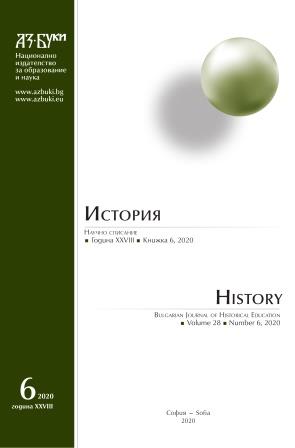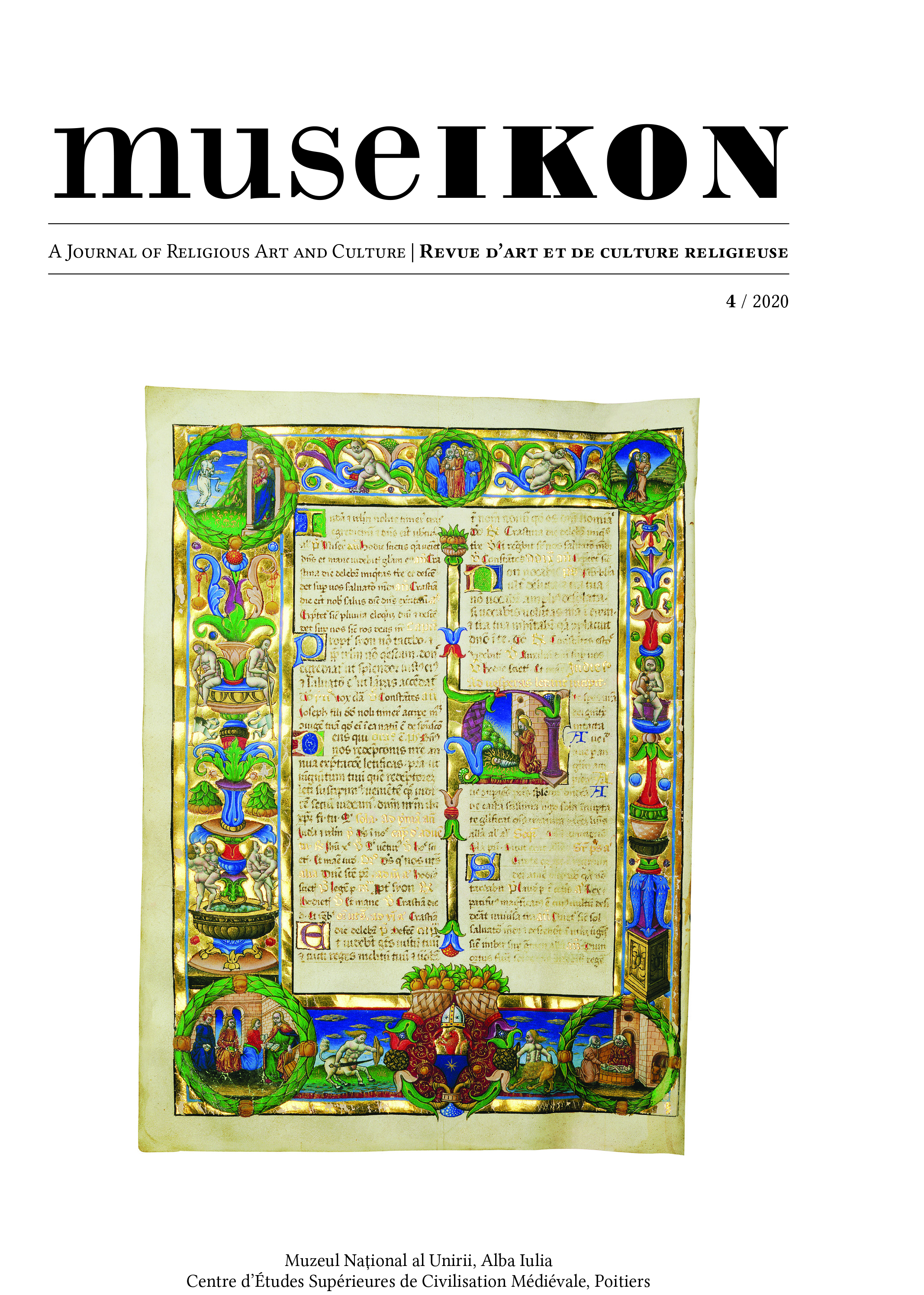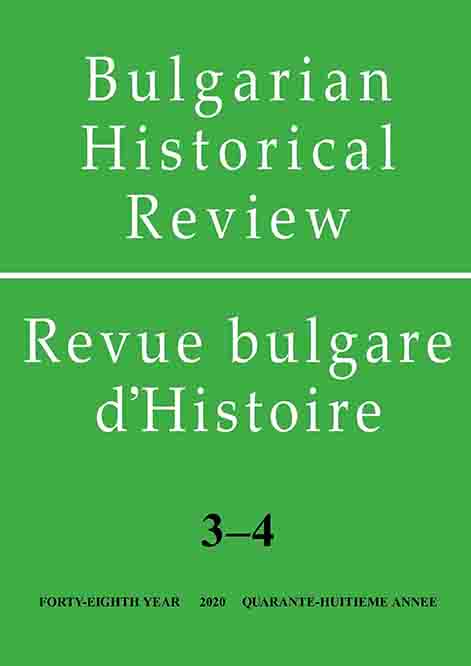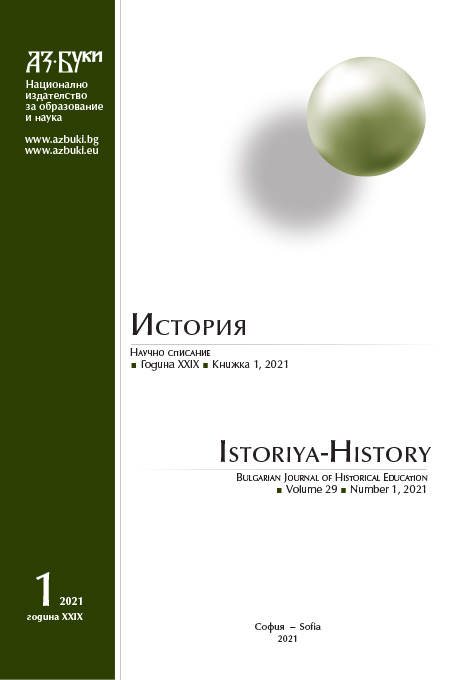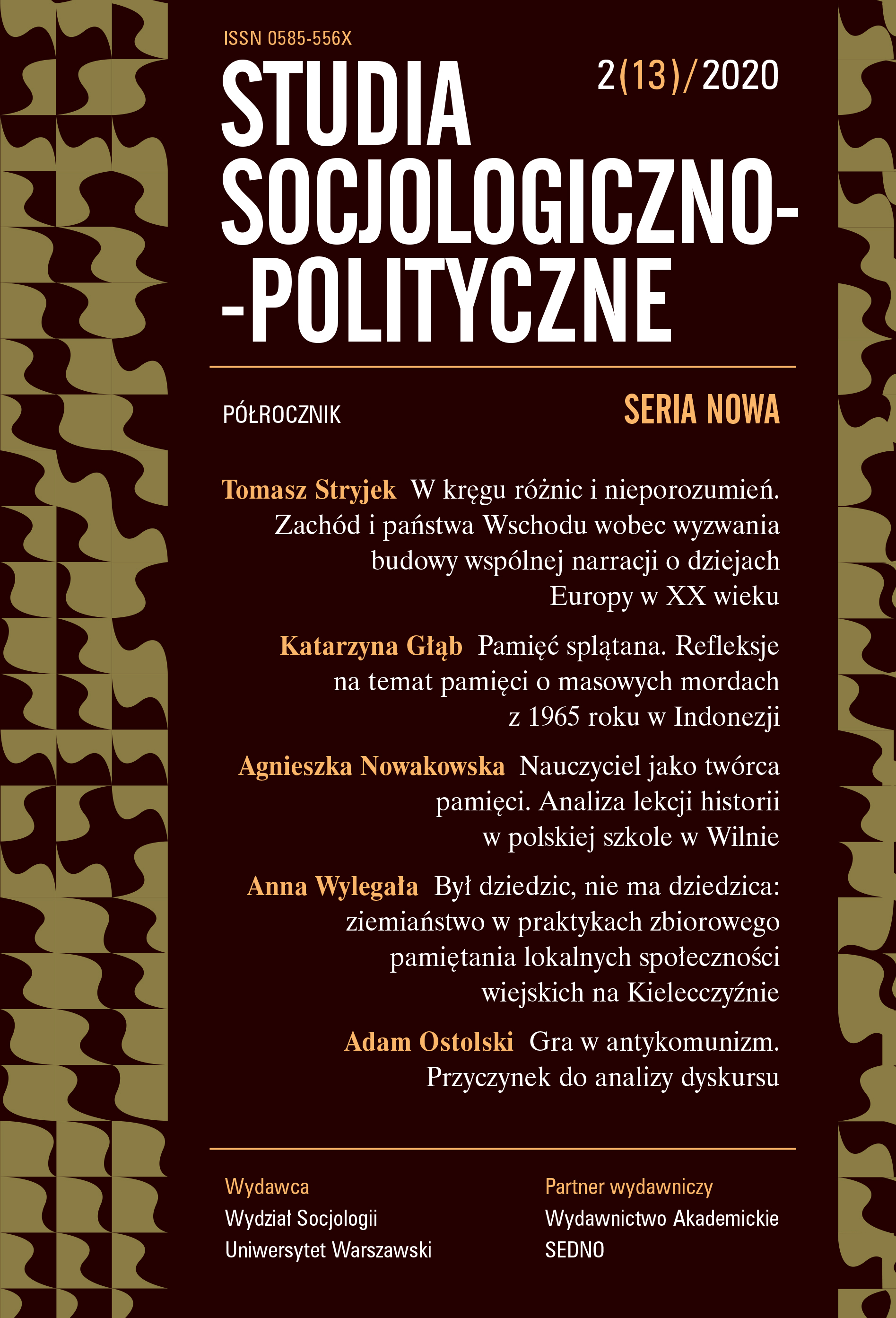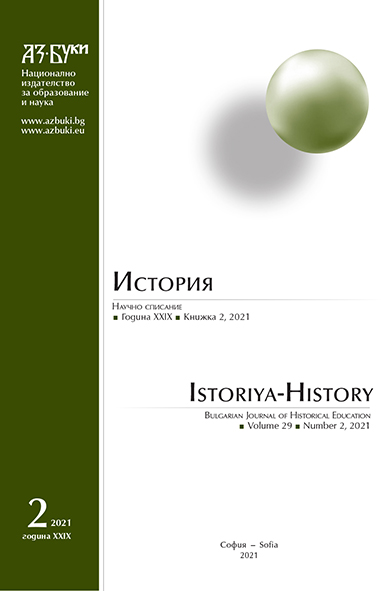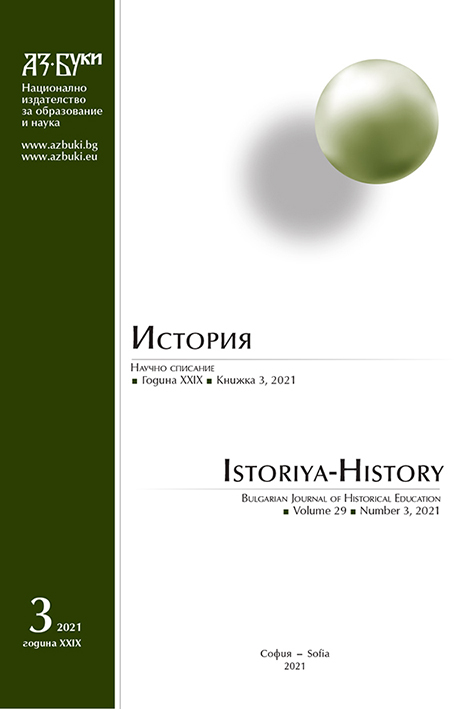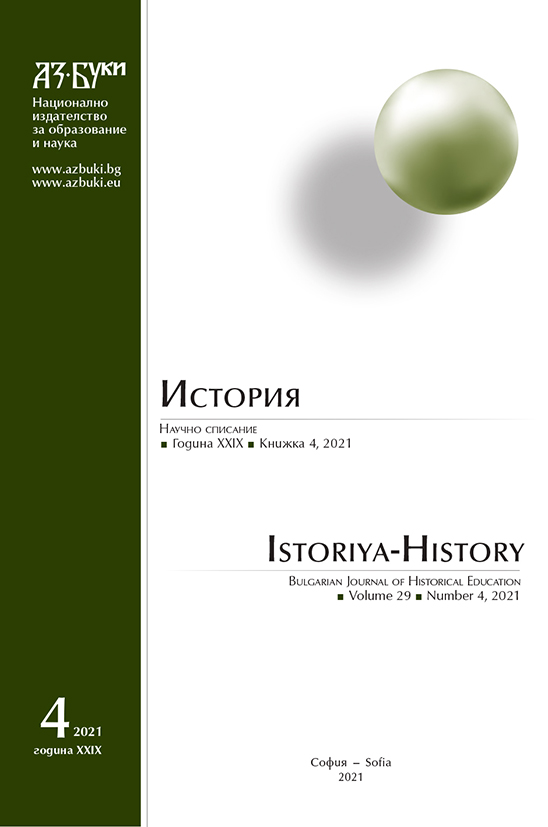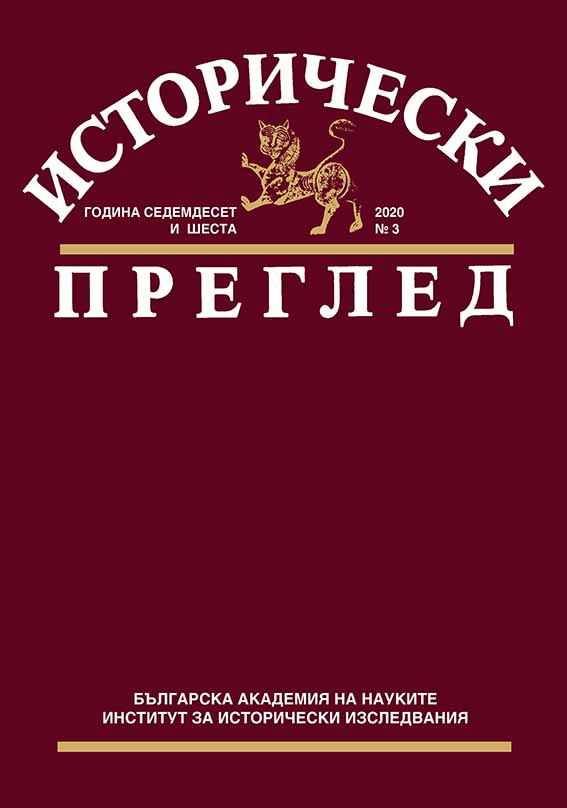
Историческите митове за Русия и българо-руските отношения в съвременното българско общество – обобщение на анкета
The article presents the results of an inquiry conducted among historians and non-historians in the framework of an international research project. The purpose of the survey is to examine the attitude of modern Bulgarian society to Russia/Soviet Union/Russian Federation and its role in Bulgarian history. Respondents answered questions related to the more general problem of the role of myths in history in general and those related to Russia in particular; how myths are born; which factors contribute to their public dissemination; which moments in history are most distorted or falsified in textbooks and in the media; who is interested in this; Is it possible to demythologize the Bulgarian-Russian relations. The inquiry showed the deep differences in Bulgarian society towards Russia. The majority of Bulgarians have a strong emotional attitude towards it, regardless of whether they express negative or positive feelings. And this division is manifested in all professions, ages, social groups. The survey gives grounds to conclude that despite the profound changes from the years of transition and the reorientation of Bulgaria to Western institutions, Bulgarian-Russian relations continue to be important for the Bulgarian society.
More...
